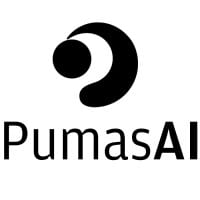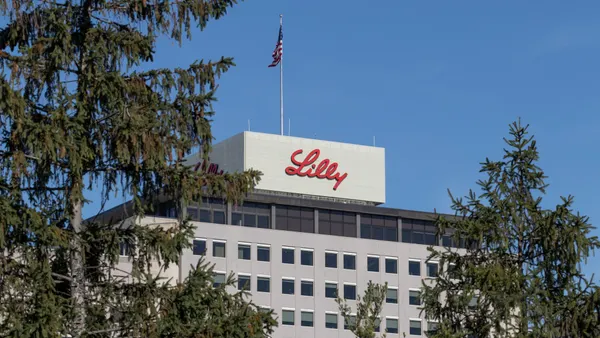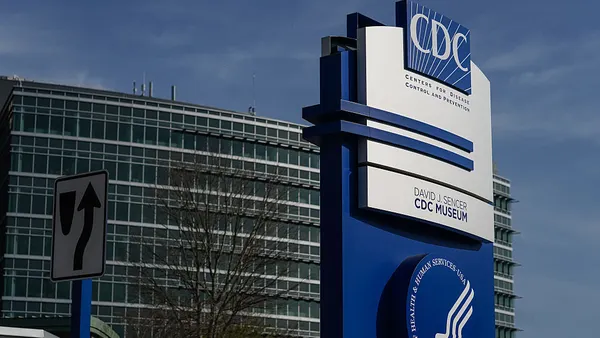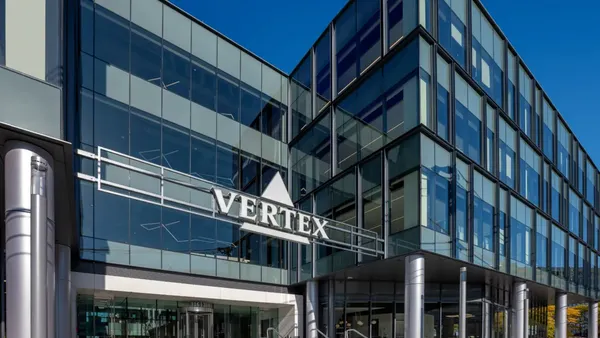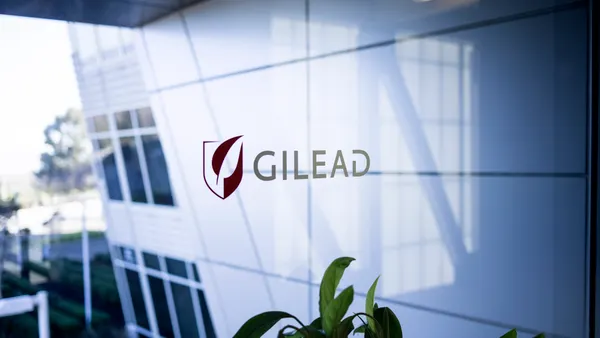The first marketed treatment for the insatiable hunger associated with Prader-Willi disease is selling more quickly than Wall Street analysts expected, an early, but encouraging sign of demand.
According to Soleno Therapeutics, net revenue from sales of the medicine, known as Vykat XR, are expected to total between $31 million and $33 million for the three-month period that ended June 30. Since the drug’s U.S. approval on March 26, Soleno has received about 646 “start forms” — a patient’s initial step toward seeking drug therapy — from 295 physicians, Soleno said in a statement Thursday.
The company noted the review of its quarterly performance is ongoing and that estimates could change once it’s complete. However, the numbers it posted “look excellent” and “are well-above investor expectations,” wrote Stifel analyst James Condulis in a research note Thursday.
Still, Soleno shares fell by nearly 9% in trading though early Thursday afternoon. Alongside releasing preliminary sales numbers, the company raised $200 million in a stock offering meant to help fund Vykat’s launch. The offering “may act as somewhat of a counter-weight to the encouraging launch numbers” and lead investors to “question whether near-term M&A is off the table,” Condulis wrote.
Vykat’s approval was a milestone for research into Prader-Willi, a rare condition that causes a variety of behavioral and cognitive symptoms and has long been difficult to treat. The disease, which affects an estimated 10,000 to 20,000 people in the U.S., is typically managed through supportive care and human growth hormone to boost muscle and lower body fat. Until Vykat came along, though, no drug therapies were specifically approved to curb the all-consuming hunger that hallmarks the condition.
The drug’s clearance came after an unusual clinical development journey and, in the ensuing months, has swelled Soleno’s market value past $4 billion amid optimism about the drug’s sales prospects. Condulis, for instance, predicts Vykat could reach $2.5 billion in worldwide yearly sales at its peak. A survey his team conducted among 20 treating physicians earlier this month found demand seemed “widespread,” with “better than expected” reimbursement dynamics — a closely watched issue given the drug’s $466,000-per-year price, which was higher than analysts expected.
Soleno has been rumored as a possible acquisition target. One published report in June indicated the company has received interest from “multiple parties.” Shares climbed to all-time highs of nearly $90 apiece before their retrenchment Thursday.
Despite the sell-off, the company’s early sales numbers indicate the market opportunity for Prader-Willi drugs is “likely much larger than anticipated,” RBC Capital Markets analyst Brian Abrahams wrote in a separate research note.








